
BY SFAI EXECUTIVE DIRECTOR, JAMIE BLOSSER
As SFAI Executive Director, I am excited to launch our inaugural SFAI Blog Post! The SFAI Blog is intended to provide insight into current events and our annual themes, and to highlight the work of our talented artists in residence as well as innovative thinkers and engaged citizens within our local and international SFAI community. We will be posting monthly essays by myself and other SFAI staff, artists, and community members, so please take a look each month, and stay posted!
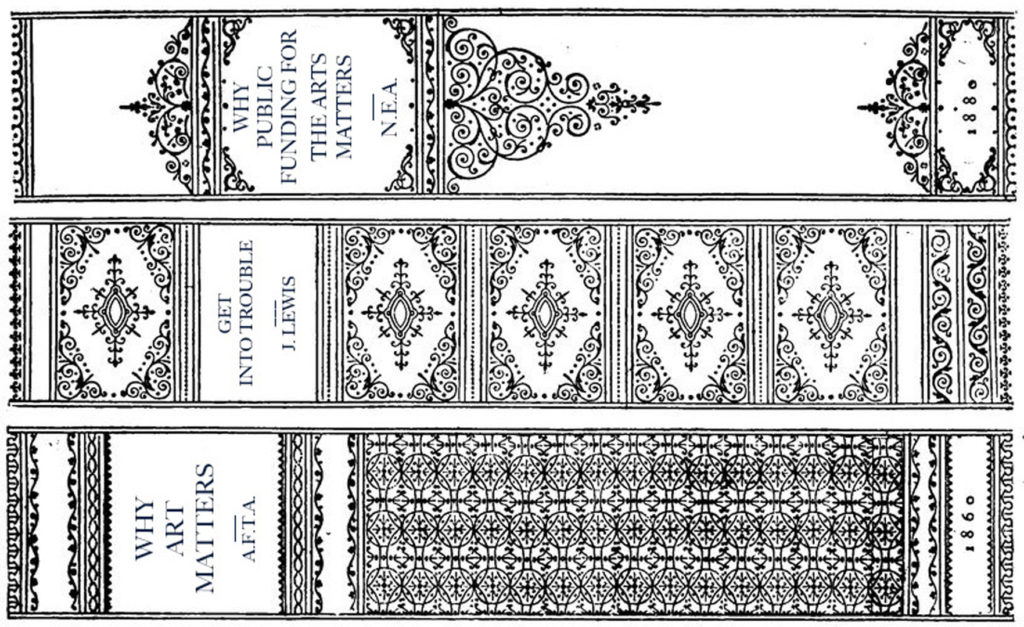
For this first blog post, I’ve pulled the well-worn and annotated (and imaginary) treatise on “Why It Matters to Publicly Fund Art” off the shelf for review. The National Endowment for the Arts (NEA) has had to fight budgetary issues for years; its 2017 budget is lower than it was in 1979. However, since its inception, no president has proposed to eliminate the NEA entirely – until now. It is easy to be overwhelmed by the current administration’s assault on many important federal programs. And of course, access to affordable housing, jobs, a good education, and clean air and water, are all critical. Yet the arts and creativity are not decorative accessories to be afforded once we have achieved a stable, prosperous life. Art is the vehicle for the human spirit to imagine all of the possibilities of our world and our humanity, which is why investing in the arts is an investment in our collective future.
It matters to publicly fund the arts, because the arts are good for our economy, and good for our health. Over 40% of NEA funds go to high-poverty communities such as those in Northern New Mexico. A good example is our SFAI Design Workshop program, which teaches underserved high school and college-age students introductory design and building skills. Design Workshop integrates art and design with critical local issues like economic development, job training, and youth retention. If the NEA is eliminated or severely disabled, this program and other important programs all over the country, which serve those who most need them, will disappear.
“Art is the vehicle for the human spirit to imagine all of the possibilities of our world and our humanity, which is why investing in the arts is an investment in our collective future.”
It matters to publicly fund the arts, because many brilliant artists and innovative thinkers do not have access to artistic institutions or even an arts education, and philanthropy does not “fill the gap.” Without public funding, it is true that the operas, ballets, and symphonies in our major urban centers would continue to operate, though important programs that increase access to these institutions would likely disappear. However, in a poor, rural state like New Mexico, federal funding is critical. Rural areas represent 15% of the population, but receive only 5% of philanthropy dollars. In contrast, 25% of NEA funds go to rural areas – five times that of philanthropy!
Public funding of the arts matters for many reasons, but the most important reason is that it disrupts systemic structural inequities that preference white, mostly male hegemony. The art world, like so many of our societal institutions, has a strong history of ethnocentricity and exclusion. Whether you are Asian American, queer, Latinx, American Indian, African American, Jewish, Muslim, disabled, or a woman, you – and therefore your stories – were historically underrepresented in the art world, and statistically, still are today.
Art is transformative, not transactional, and “plays a distinct role in challenging authoritarianism.” As Darren Walker of the Ford Foundation recently said, “It is hard to imagine a social or political movement without artists.” Artists are our vanguard, as well as our avant-garde.
If you believe that it matters to publicly fund art, arm yourself not just with data, but with the stories of why it matters, so that you can be a strong ally and advocate. I look forward to seeing the strength and beauty of our SFAI community as the vanguard against this latest assault on the NEA, which is only the beginning of yet another long battle for equal justice. Because you know that art is not a nicety, but a necessity, and that access to the arts not only lifts our spirits but, in fact, prepares us for battle. Let us all be inspired by Senator John Lewis’ recent words to a room full of arts advocates on Capitol Hill, “Don’t be weary. Don’t get down. Get up! Speak up! Speak out! And — get into trouble!”
“Art is transformative, not transactional.”
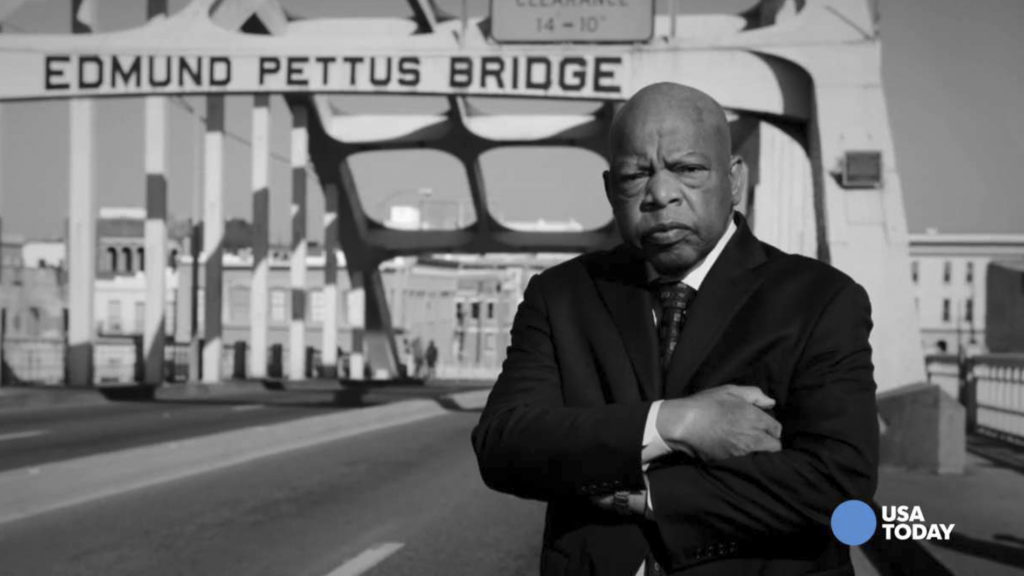
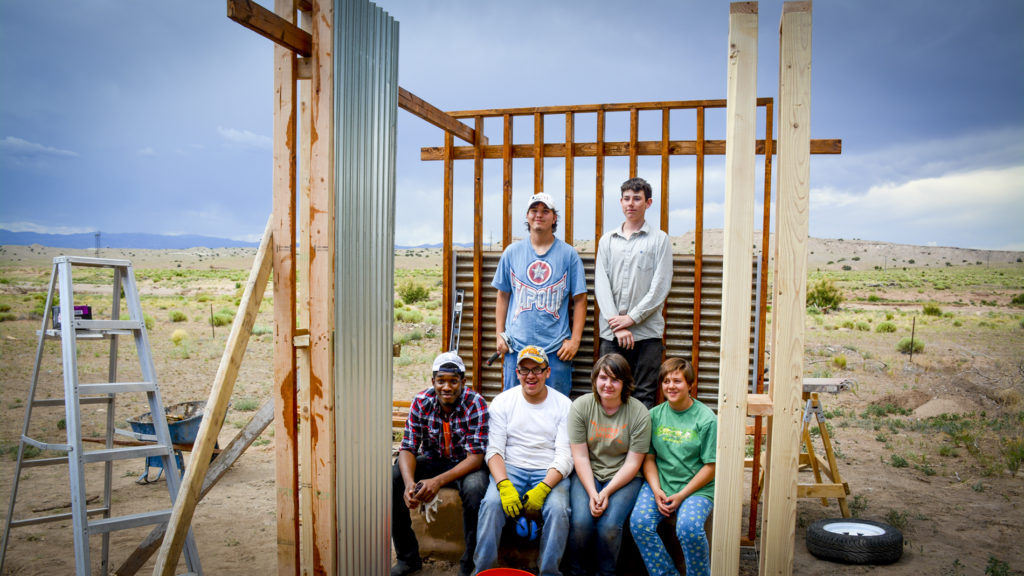
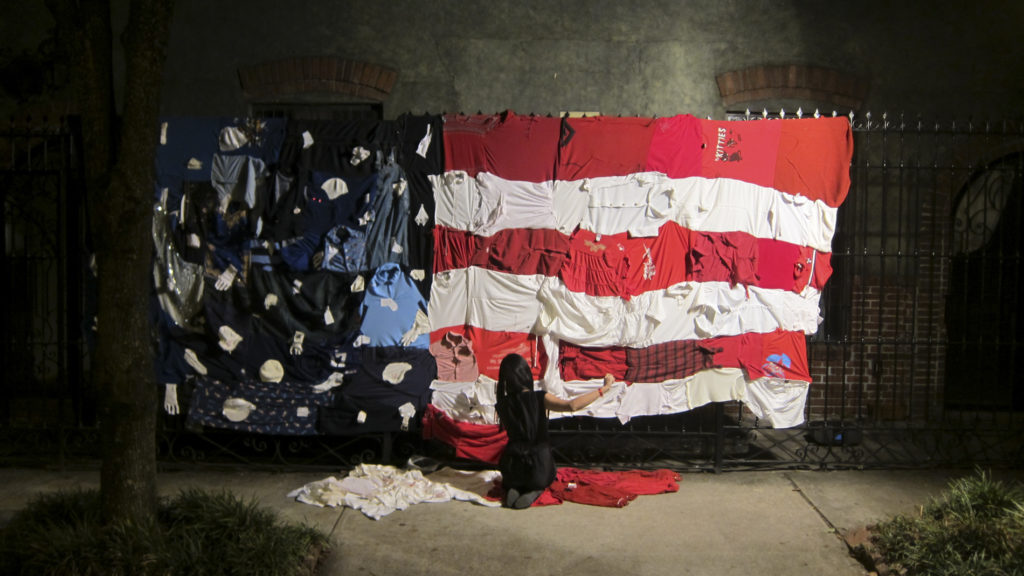

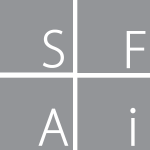 © Santa Fe Art Institute / Santa Fe, New Mexico /
© Santa Fe Art Institute / Santa Fe, New Mexico /